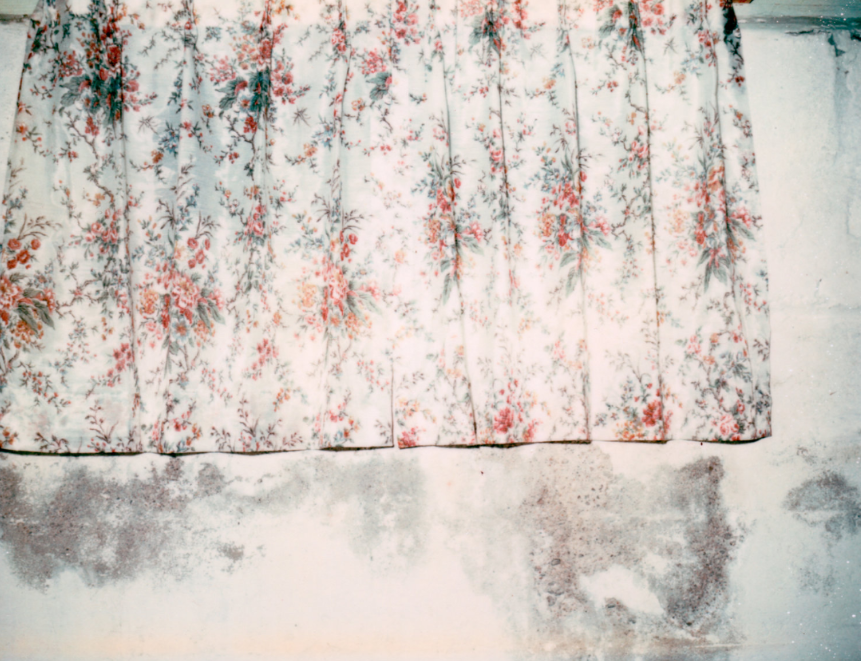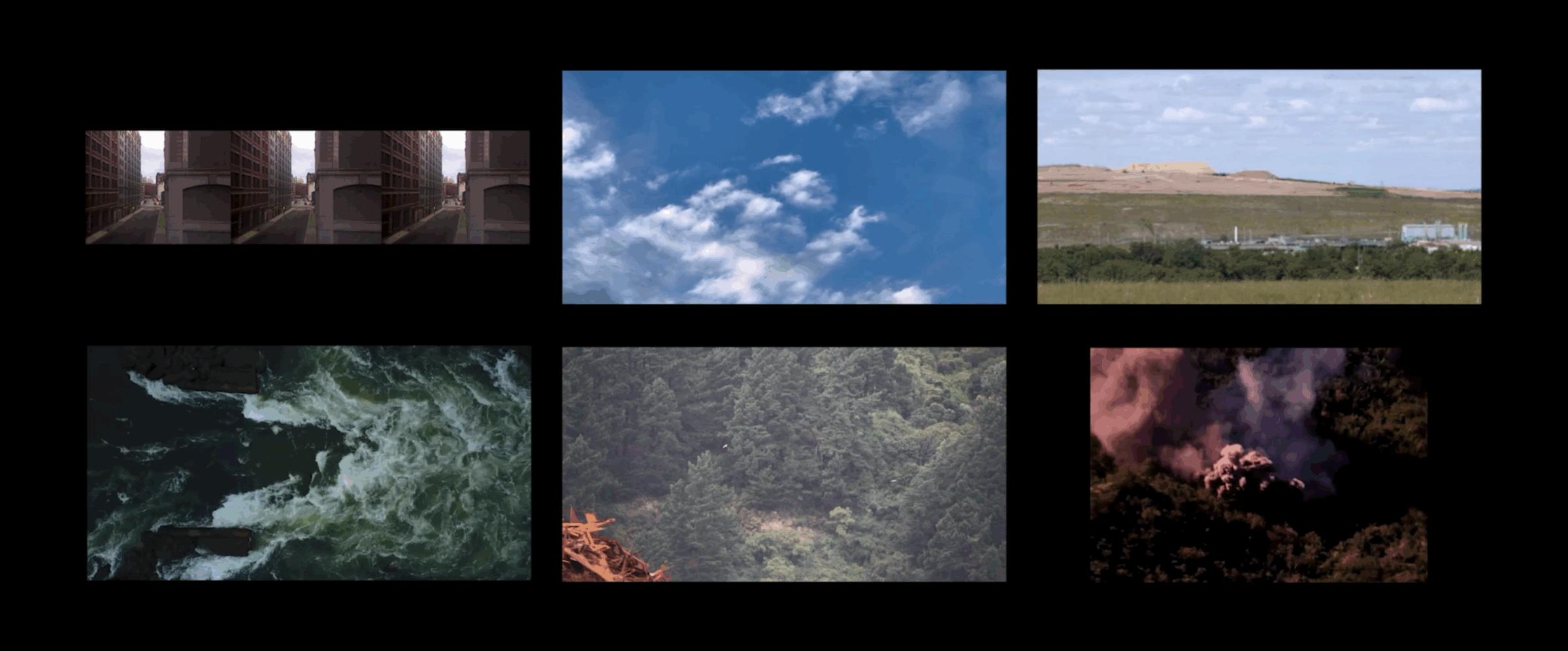MFA Candidate Travels to England to Present Paper

Alec Kaus, an MFA candidate in Photography recently traveled to Manchester, England to present a paper at the 2019 Historical Fictions Research Network Confrence at the Manchester Central Library. His paper titled, Liar, Liar, Pants on Fire: Reevaluating Fact, Fiction and the Archive in Christian Patterson’s Redheaded Peckerwood focused on the photobook project Redheaded Peckerwood by Christian Patterson and 1973 film Badlands by Terrence Malick that inspired Christian Patterson. Both Redheaded Peckerwood and Badlands were inspired by America’s first spree killers, Charles Starkweather and Caril-Ann Fugate, who started their crime spree in Lincoln, Nebraska where Kaus studied as an undergraduate.
Kaus wrote this paper last spring in Dr. Wallace’s Contemporary Art History class and was encouraged to submit his work to the Historical Fictions Research Network’s call for entry. Kaus presented the paper as part of a panel discussion. Presenter at the Conference were almost entirely writers, historians, and art historians. He was one of the only artists in the group.
Alec Kaus is a Whitehead Graduate Art Fellow, and he holds a BA in Studio Art from the University of Nebraska–Lincoln. Kaus’ work moves between the fields of art history, art criticism, curation, and photography, and his current research concerns the role archives play in constructing narratives about our collective past, present, and future. He has exhibited his photographs throughout the US and was recently awarded the 2018 SPE Student Award for Innovations in Imaging. His work is part of public and private collections, including the Center for Photography at Woodstock and CHROMA at the California Institute of Integral Studies. Kaus co-founded PHOTO-EMPHASIS, a platform for showcasing current and diverse photography made by established and emerging artists, with Rana Young in 2017.
The Historical Fictions Research Network aims to create a place for the discussion of all aspects of the construction of the historical narrative. The focus of the conference is the way we construct history, the narratives and fictions people assemble and how. The conference welcomes people working on prose, drama, visual art, reception studies, musicology, museum displays, film, tv, gaming, wargaming, graphic novels, transformative works and any other areas engaged in the construction of narratives of the past.





